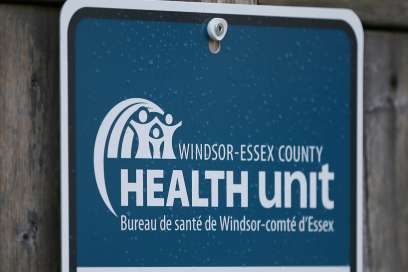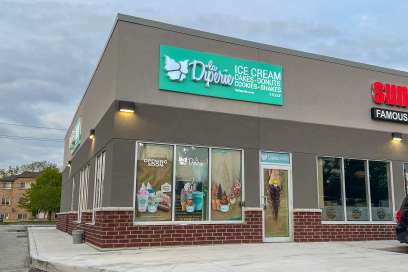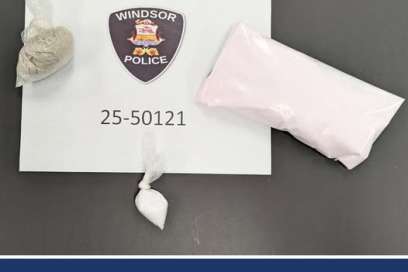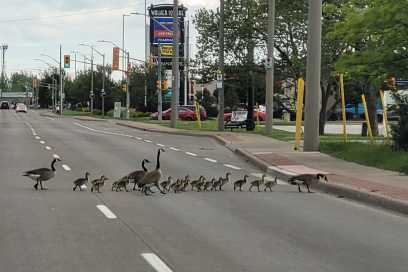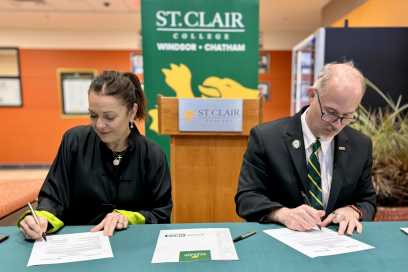Canine Parvovirus on the Rise in Windsor-Essex, Humane Society Urges Vaccination
Tuesday July 10th, 2012, 11:15am
Hello time traveller!!
This article is 4706 days old.
The information listed below is likely outdated and has been preserved for archival purposes.

After a dramatic spike in incidences of the extremely contagious canine parvovirus (parvo), the Windsor/Essex County Humane Society is reminding all dog owners about the importance of annual pet vaccinations.
The Humane Society says that although there are natural peaks and valleys in illnesses in this community, it is likely that this increase in cases can be attributed to too few owners vaccinating their dogs. Veterinarians consider parvo to be a “disease of poverty”, because the illness can be eradicated when the majority of the dog population is vaccinated.
Parvo is spread through the feces of infected canines and is highly contagious. The virus is very stable in the environment, meaning long after the feces has been cleaned up or is gone, even months later, there can be viral particles left behind that are still infective. These particles are very resistant to both heat and cold, and can be carried on people’s running shoes, car and bicycle tires. Regular soaps or disinfectants cannot kill parvovirus. Any items exposed to the feces of an infected dog must be cleaned and then disinfected with bleach to prevent the spread of the virus. It doesn’t take much exposure to the virus for a dog to become infected; the rest happens very quickly. Within 2 to 14 days of exposure, the virus wreaks havoc on the dogs system and most often attacks the intestinal tract causing severe bloody diarrhea. Other symptoms include vomiting, lethargy and not wanting to eat.
Dogs that contract the virus suffer a great deal and experts say that often times the dog is dead within 48 hours of symptoms without treatment. Parvovirus cannot be cured, only supportive therapy to prevent dehydration is all that can be done to help a dog overcome the virus. If a dog survives infection, the recovery usually comes at a very high price tag, with treatment easily costing an owner more than $1,500. The only way to prevent parvovirus is vaccination, which is extremely effective.
The Humane Society is currently treating a dog named Eve for parvovirus (pictured above). Eve is a seven month old boxer mix who was found as a stray. No one came to claim her, and it is suspected that she was abandoned because her owners were unable or unwilling to treat her illness. Although not yet out of the woods, Eve is on the road to recovery, and her prognosis is good says the Humane Society. Eve’s treatment for parvo has already cost well over $1,000 and her treatment is far from complete. The Humane Society was able to treat Eve’s illness thanks to their Pumpkin Fund; any donations towards the Pumpkin Fund will directly help Eve and other animals like her.




